Enlarge image
Indigenous women protest for their land rights in the Brazilian capital Brasilia
Photo: Felipe Beltrame / NurPhoto / Getty Images
They adorn the front pages of major newspapers, speak at the world climate conference COP26 in Glasgow, meet heads of government or representatives of the English royal family: Indigenous activists are currently more visible on the world stage than ever before - and at the same time organize a wide variety of protests in their home countries.
In Guatemala they are fighting against the mining of nickel by a Swiss company, in Brazil against the deforestation of the rainforest, in Mexico they are fighting against the fashion company Zara, which is allegedly copying indigenous patterns.
And yet: A large part of the indigenous communities live in poverty, cut off from important infrastructure and their leaders often have to fear not only for their land, but also for their lives.
The anthropologist Paja Faudree tries to explain the apparent contradiction between public attention and neglect and also sees the "Instagramization" of resistance as a problem.
SPIEGEL:
Ms. Faudree, can you say that protests by indigenous peoples around the world are currently having a kind of momentum?
Paja Faudree:
There is more coverage of you in the media, at least that's my impression.
But indigenous protests have been going on for a very long time.
Indigenous peoples have always tried to defend their territories against mining or deforestation and to protect the ecosystems in which they live - this is more recognized today.
And their concerns are now heard more than before, also because the entire topic of environmental protection and the climate crisis has moved more into the public eye and there is now a general feeling that something needs to be changed.
The interests of indigenous peoples and environmental activists overlap, and they have been working together for decades.
SPIEGEL:
Are there any other factors that play a role?
Faudree:
At the moment, indigenous peoples are also mobilizing around the world because they are extremely threatened.
In many countries there has been a political shift to the right in recent years.
Governments such as that of Brazilian President Jair Bolsonaro are trying to capitalize on the achievements of the
To reverse past decades and to dispute the indigenous peoples for their protection zones.
That too leads to more protest.
You could also see this under Donald Trump in the USA: minorities came under greater pressure, there were Black Lives Matter demonstrations.
At first, media coverage of the movement was all about black people's minority rights.
But then the attention also reached people of indigenous origin and made their concerns more visible.
SPIEGEL:
In the meantime, it is no longer just tractors used by woodworkers in the Brazilian rainforest, for example - 6,000 indigenous people are traveling to the capital Brasilia at the same time to demonstrate in front of the Supreme Court, as they did in August this year. Have the protests become more professional?
Faudree:
The protests are often planned and coordinated.
They are led by organizations established by indigenous people to represent their interests.
For example, in Ecuador there is CONAIE and in Brazil there is APIB.
It took years to build these organizations.
But today they are well networked and able to react to threats and problems and quickly mobilize a large number of people.
They are not only supported by their members from the indigenous community.
SPIEGEL:
How important is social media for indigenous protest movements?
Faudree:
Without a doubt, they are very important.
The activism of the organizations just mentioned would not work without networking via social media.
They are able to communicate quickly or raise funds via online platforms.
Crimes in indigenous territories and against indigenous people are also documented and made public.
Channels beyond the major media are used to inform an interested public.
SPIEGEL:
A young generation of indigenous influencers is currently very successful in social media.
Does this form of self-expression also have a downside?
Faudree:
Indigenous people are becoming more visible through social media, including Instagram and TikTok.
That is definitely a good thing.
But we also have to ask ourselves what kind of visibility this is and what it is based on, sometimes namely on exoticism and the aestheticization of otherness.
This can reinforce existing stereotypes.
We consume these colorful images of indigenous people, but what follows from them?
The Instagramization of the protest worries me.
Social media visibility is important, but at the same time I fear it will reduce the pressure to listen to them elsewhere when it comes to achieving important goals that indigenous people have long fought for.
SPIEGEL:
So you're ambivalent?
Faudree:
I think it's a similar phenomenon to what we've seen now at COP26 and other conferences. There is a risk that what I call a »space for protest« will be created. Of course, it is very attractive for politicians to present indigenous people. But it's also an easy and cheap way to show how diverse and inclusive you are.
As long as the protest takes place within the framework of a conference, the powerful interests that would be affected by more profound changes have nothing to fear. But when the indigenous demonstrators leave the space they have been granted by governments and block construction projects on site or destroy machines, then the governments or companies are directly affected, react tougher and have people arrested, for example.
My fear is that social media also works a little like a "designated space for protest."
As long as protests are mainly there, powerful interests are hardly a problem.
From their point of view, it is like this: Indigenous people can protest on Instagram or Twitter, no problem - but please do not force us to change the education system, stop deforestation or provide better economic opportunities in the indigenous areas.
SPIEGEL:
So you fear that this type of protest will ultimately fizzle out or even be counterproductive?
Faudree:
Protests are important and have often made decisive changes. In fact, they do not by themselves mean that anything will improve for indigenous communities, who often live in dire poverty and suffer from poor health care, for example. My fear is that the increased visibility through social media could ironically lead to governments being able to pull themselves out of the affair even better and ignore indigenous concerns because they can say: Look, the indigenous people are part of the public discourse in the country.
SPIEGEL:
There are also completely different forms of indigenous activism that have recently attracted attention, such as the attempt to take action against fashion chains like Zara because they allegedly copied indigenous designs and thus violated copyrights - or the complaint made by the Brazilian organization APIB against President Jair Bolsonaro before the International Criminal Court in The Hague. Do such initiatives give you hope?
Faudree:
All of this is relatively new and certainly exciting. I think it is important that indigenous peoples become part of the public discourse, which they were not always before, that they break new ground and use the international legal system to strengthen their autonomy. It is difficult to say whether this will really lead to substantial, long-term changes for them. Processes may be initiated here that will not have an immediate impact, but will affect future generations.
SPIEGEL:
Today, indigenous people are no longer seen only as victims of genocide or displacement, but also increasingly as ways who can help humanity to find solutions to the climate crisis. Is that a romantic transfiguration or a form of recognition that should have happened long ago?
Faudree:
It makes me nervous when indigenous people are referred to as “wise men”, it goes in the direction of the stereotype of the “noble savage”.
Indigenous people are people.
You should take part in the discourse like everyone else.
Your perspective is important, just as other perspectives are important.
One should listen to them, so far one has done too little.
There is now an awareness of this.
In fact, there is also indigenous experience, passed on from generation to generation, about how to use natural resources in other ways
and can live in an ecosystem without destroying it.
So it's not just about indigenous voices being integrated and heard for democratic reasons, but also about important insights that they can contribute.
This contribution is part of the Global Society project
Expand areaWhat is the Global Society project?
Reporters from
Asia, Africa, Latin America and Europe
report under the title “Global Society”
- on injustices in a globalized world, socio-political challenges and sustainable development.
The reports, analyzes, photo series, videos and podcasts appear in a separate section in SPIEGEL's international department.
The project is long-term and is supported by the Bill & Melinda Gates Foundation (BMGF).
A detailed FAQ with questions and answers about the project can be found here.
AreaWhat does the funding look like in concrete terms?
The Bill & Melinda Gates Foundation (BMGF) has been supporting the project since 2019 for an initial three years with a total of around 2.3 million euros - around 760,000 euros per year.
In 2021, the project was extended by almost three and a half years until spring 2025 on the same terms.
Are the journalistic content independent of the foundation?
Yes.
The editorial content is created without the influence of the Gates Foundation.
Do other media have similar projects?
Yes.
Big European media like "The Guardian" and "El País" have set up similar sections on their news sites with "Global Development" and "Planeta Futuro" with the support of the Gates Foundation.
Have there already been similar projects at SPIEGEL?
In the past few years, SPIEGEL has already implemented two projects with the European Journalism Center (EJC) and the support of the Bill & Melinda Gates Foundation: the “Expedition ÜberMorgen” on global sustainability goals and the journalistic refugee project “The New Arrivals” within the framework several award-winning multimedia reports on the topics of migration and flight have been produced.
Where can I find all publications on global society?
The pieces can be found at SPIEGEL on the topic Global Society.


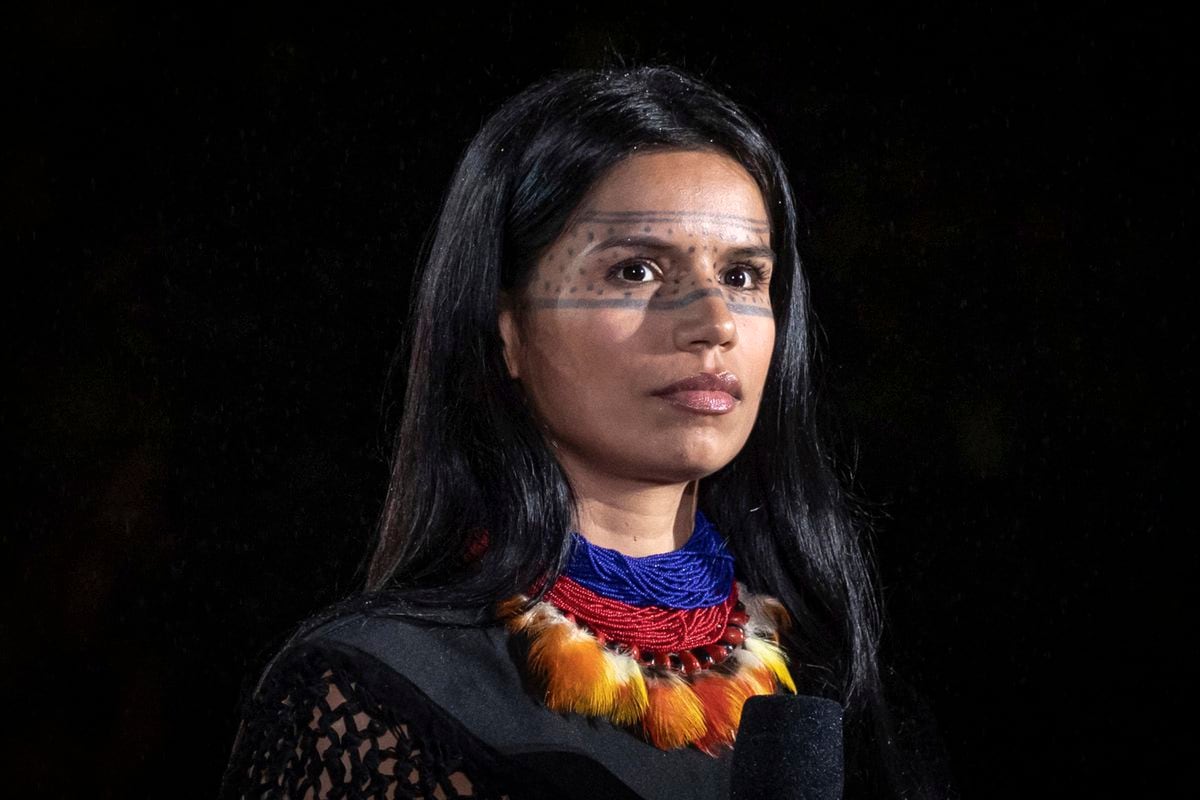
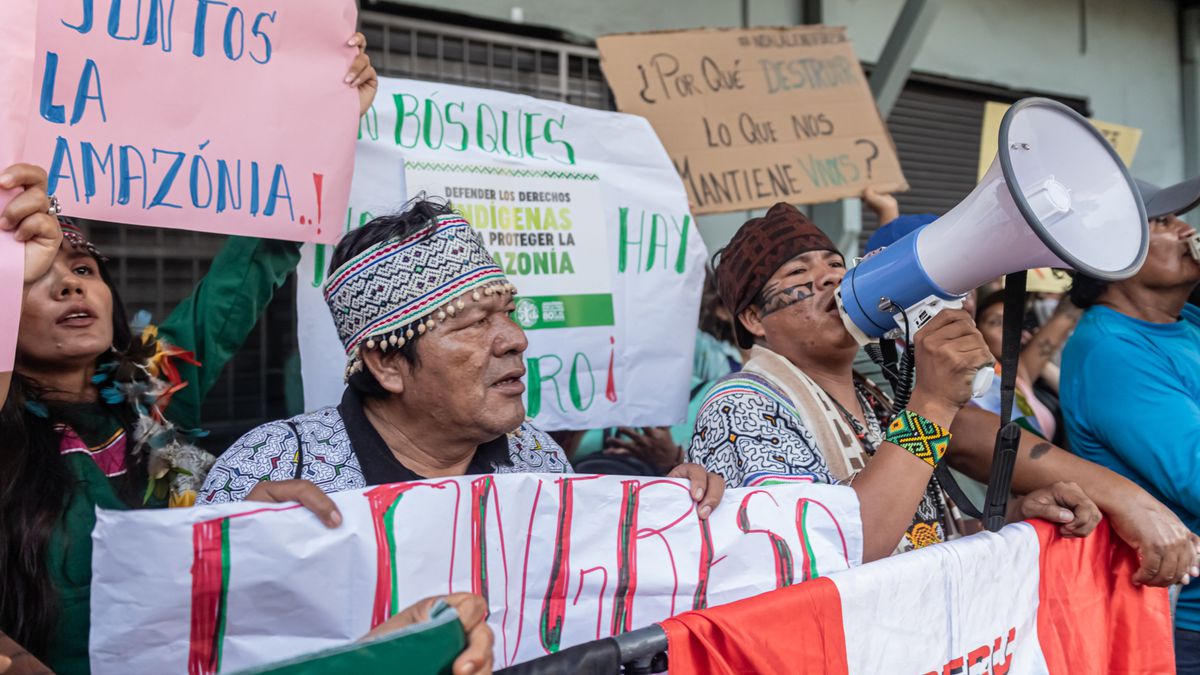
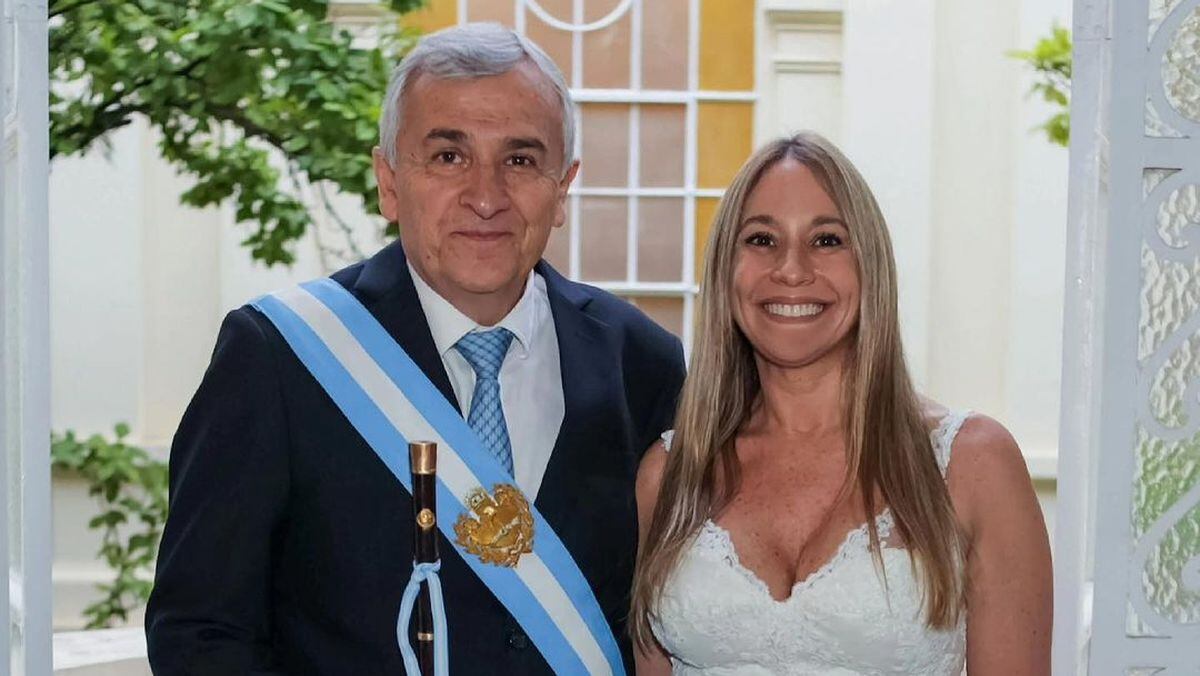


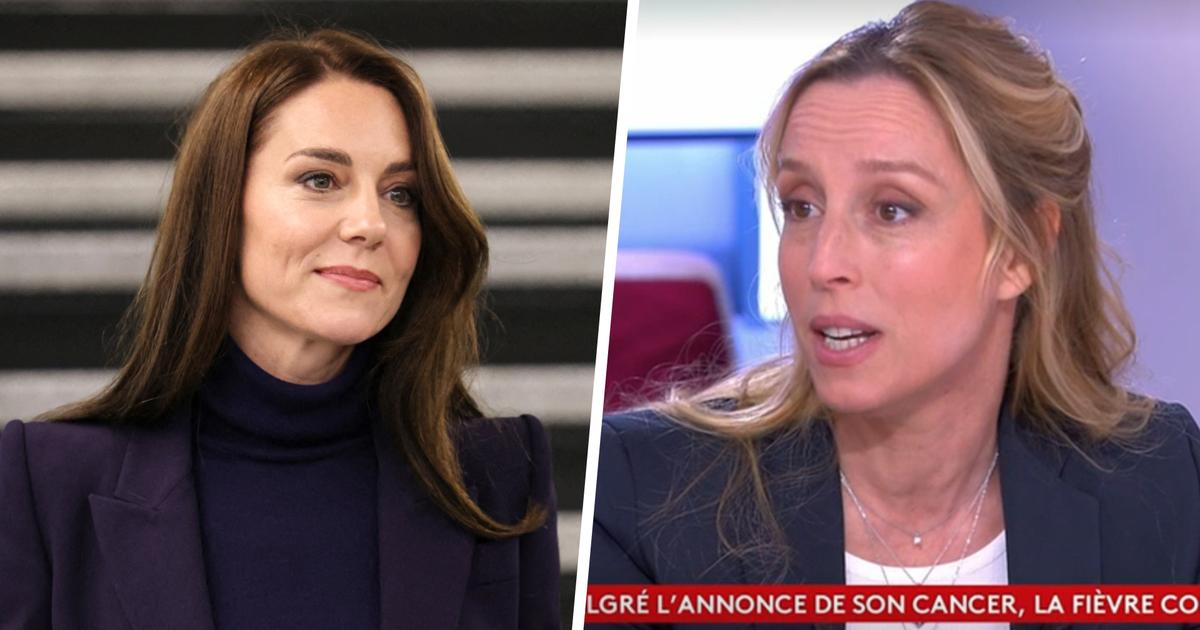
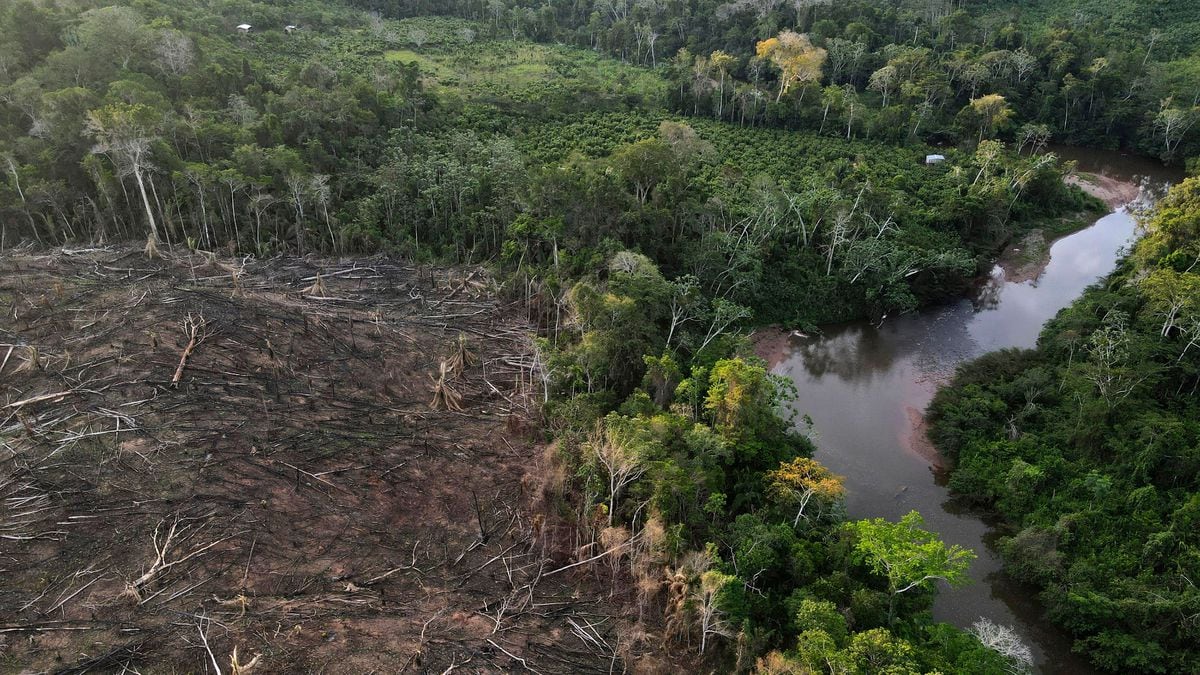




/cloudfront-eu-central-1.images.arcpublishing.com/prisa/KMEYMJKESBAZBE4MRBAM4TGHIQ.jpg)

